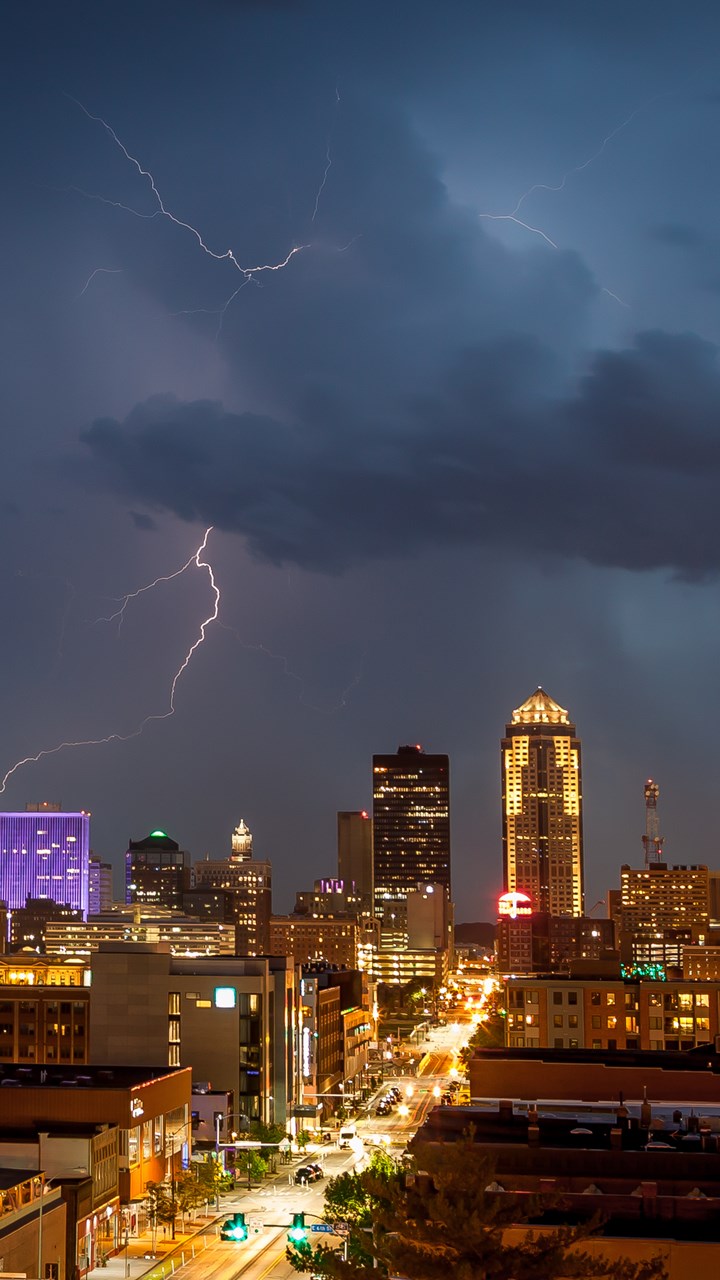Hotels and Motels
Terrorist operations and criminal activity can begin with extensive planning. Hotels and motels can be prime locations for terrorists and criminals to gather information and materials before launching a mission.
You can help prevent and detect terrorism and other types of crime by watching out for suspicious activities in your hotel or motel and reporting them to the proper authorities.
Many cities offer crime prevention seminars and programs for business owners and managers. Contact your local police department for more information.


Be Alert
Activities that might indicate someone is using your hotel or motel might include:
- Checks into room for extended stay and pays in advance with large amounts of cash or uses questionable ID to reserve a room
- Walks aimlessly through parking lots or garages with no apparent purpose or destination
- Intentionally changes his or her physical appearance
- Is secretive about how many individuals will be occupying the room
- Requests a room away from others
- Requests a room with a specific view of bridges, airports, military or government installations
- Refuses housekeeping services or prohibits staff from entering room
- Acts paranoid, secretive
- Has limited activity or seems to be waiting for someone
- Makes anti-American comments
- Receives frequent, suspicious or unusual visitors
- Uses pay phones or cell phones only, not room phone
- Leaves for a day or more without checking out between days
- Keeps strange or suspicious items or documents in guest room, including:
- Flight manuals or other similar materials
- Weapons or ammunition
- Electronic surveillance equipment
- Maps of high-profile targets in the area
- Photographs, sketches, or blueprints of buildings and landmarks
- Items with unusual odors
- Industrial chemicals
Many of these activities, in and of themselves, may not indicate criminal activity. Taken together, however, they may be a cause for concern. If you observe people acting suspiciously, don’t hesitate to contact local law enforcement.
Protective Measures
- Create and maintain an emergency response plan, and frequently review your emergency procedures with staff
- Deter loitering by engaging persons in the lobby and offering assistance
- Secure unused entrances (within fire department guidelines) to limit access
- Maintain a consistent staff presence at primary entrances to watch who comes and goes
- Make copies of guest ID and attach to the registration card. Require ID that matches registration in formation before issuing a key
- Consider having guest cars registered and identified through a dash pass or rearview mirror hanger
- Ensure that house phones only connect to the hotel operator. Refuse to connect callers to rooms if the caller does not know the guest’s name
- Require employees to display identification cards or badges
- Train employees to identify suspicious behavior and report suspicious activity to law enforcement immediately
- Screen contractors and temporary workers, and issue them temporary identification cards
- Have all packages delivered to a specific predetermined area. Make sure employees are familiar with guidelines for identifying and handling suspicious packages
- Do no check bags/packages into the luggage storeroom unless the requesting party is a registered guest or patron at the hotel
- Ask guests not to leave their luggage or briefcases unattended
- Test emergency lighting, generators, elevator recall, alarm systems and public address systems regularly. Make repairs as needed
- Consider enhancing alarm systems to include doors to critical areas like utility closets, HVAC, rooftops, and street-level fire exits
- Make sure utility rooms and doors to HVAC areas are monitored and secure
- Secure all banquet and meeting rooms when not in use
- Conduct criminal background checks on potential new hires
- Have personnel conduct periodic interior and exterior roving patrols at irregular intervals
